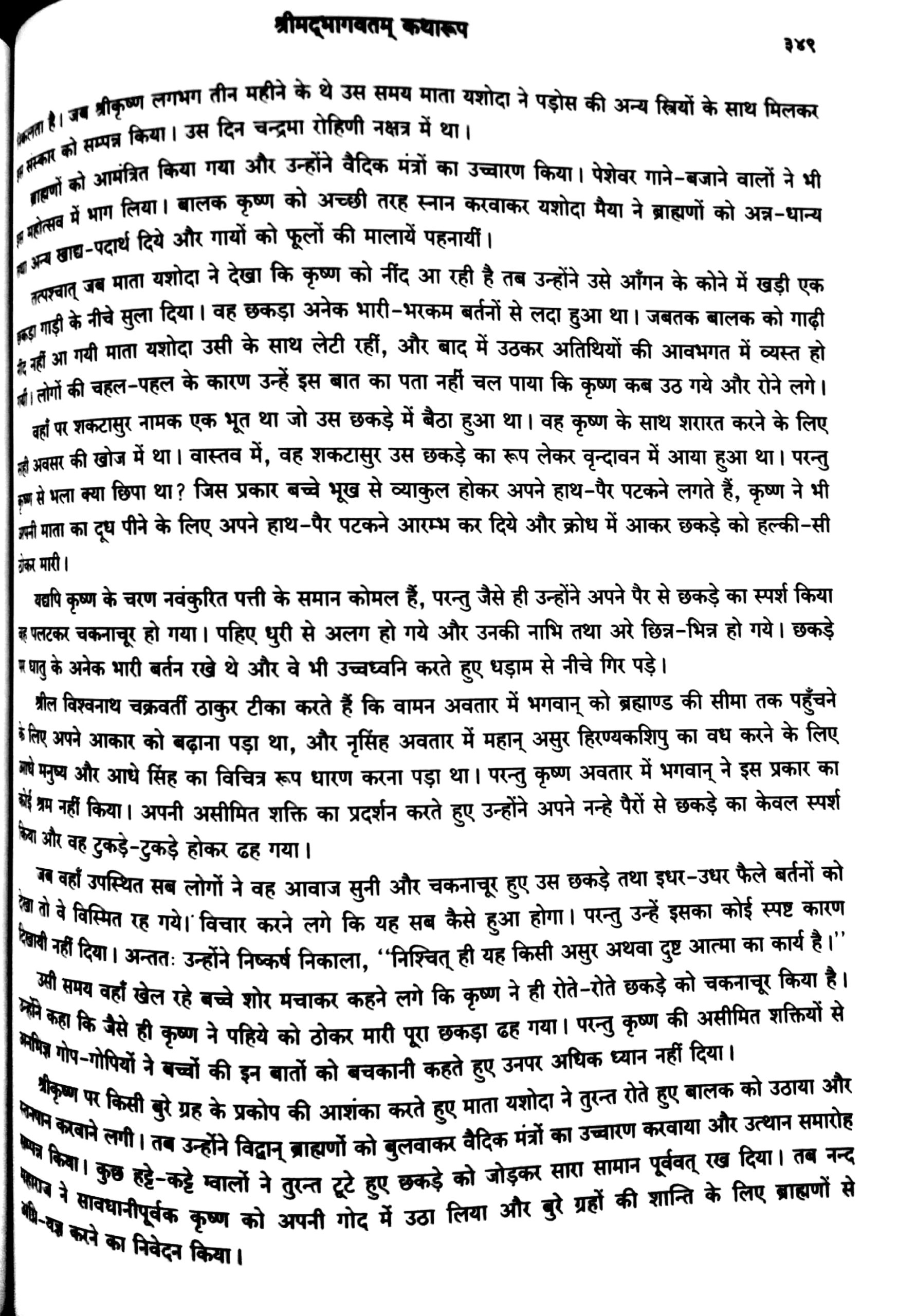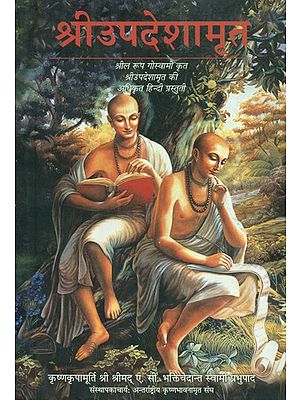
Underlying these debates was the question of authoritative Bengali Vaishnavism and its role in the long-term constitution of Bengali culture and society. These debates went on for years, even decades, causing unbridgeable rifts in personal friendships and tarnishing reputations of established scholars. Who is a true Vaishnava? In the late nineteenth century, this question assumed urgency as debates around questions of authenticity appeared prominently in the Bengali public sphere. She argues that these claims should be understood in relation to the recovery of a "pure" Bengali culture and history in a period of nascent, but rising, anti-colonialism in the region. Drawing on an extensive body of hitherto unexamined archival material, Bhatia finds that both religious modernizers and secular voices among the Bengali middle-class invoked Chaitanya, portraying him simultaneously as a local hero, a Hindu reformer, and as God almighty. What role do pre-modern religious traditions play in the formation of modern secular identities? In Unforgetting Chaitanya, Varuni Bhatia examines late-nineteenth-century transformations of Bengali Vaishnavism-a vibrant and multifaceted religious tradition that traces its origins to the fifteenth century Krishna devotee Chaitanya (1486-1533). I have consulted this edition: Sri Chaitanya Mahaprabhu: His Life and Precepts, ed.

and Public Memory: A Cultural History of Saint Namdev in India (New York: Columbia University Press, 2008). Srigouranga Smaranamangala Or Chaitanya Mahaprabhuġ9. Bhaktivedanta Swami Prabhupada, reveals his consummate Bengali and Sanskrit scholarship, his intimate familiarity with the precepts of Sri Chaitanya, and his pure devotion to God. This English translation with commentary, by His Divine Grace A.C. Lord Chaitanya transformed the face of India in four respects: philosophically, by encountering, defeating and converting the greatest philosophers and thinkers of His day religiously, by organizing the largest, most widespread theistic movement in India's history socially, by His strong challenges to the religious inequities of the caste system politically, by His organization of a massive civil disobedience movement in Bengal, more than four centuries before Gandhi.

He began what is today called the Hare Krishna movement, since the movement's founder, Srila Prabhupada, comes in the Chaitanya line of spiritual masters.

Lord Chaitanya introduced the chanting of the holy names of God as the prescribed method of God-realization for our time. Sri Chaitanya-charitamrta is the main work on the life and teachings of Sri Chaitanya Mahaprabhu, the incarnation of Krishna who appeared in India five hundred years ago. Publisher: The Bhaktivedanta Book Trust.


 0 kommentar(er)
0 kommentar(er)
